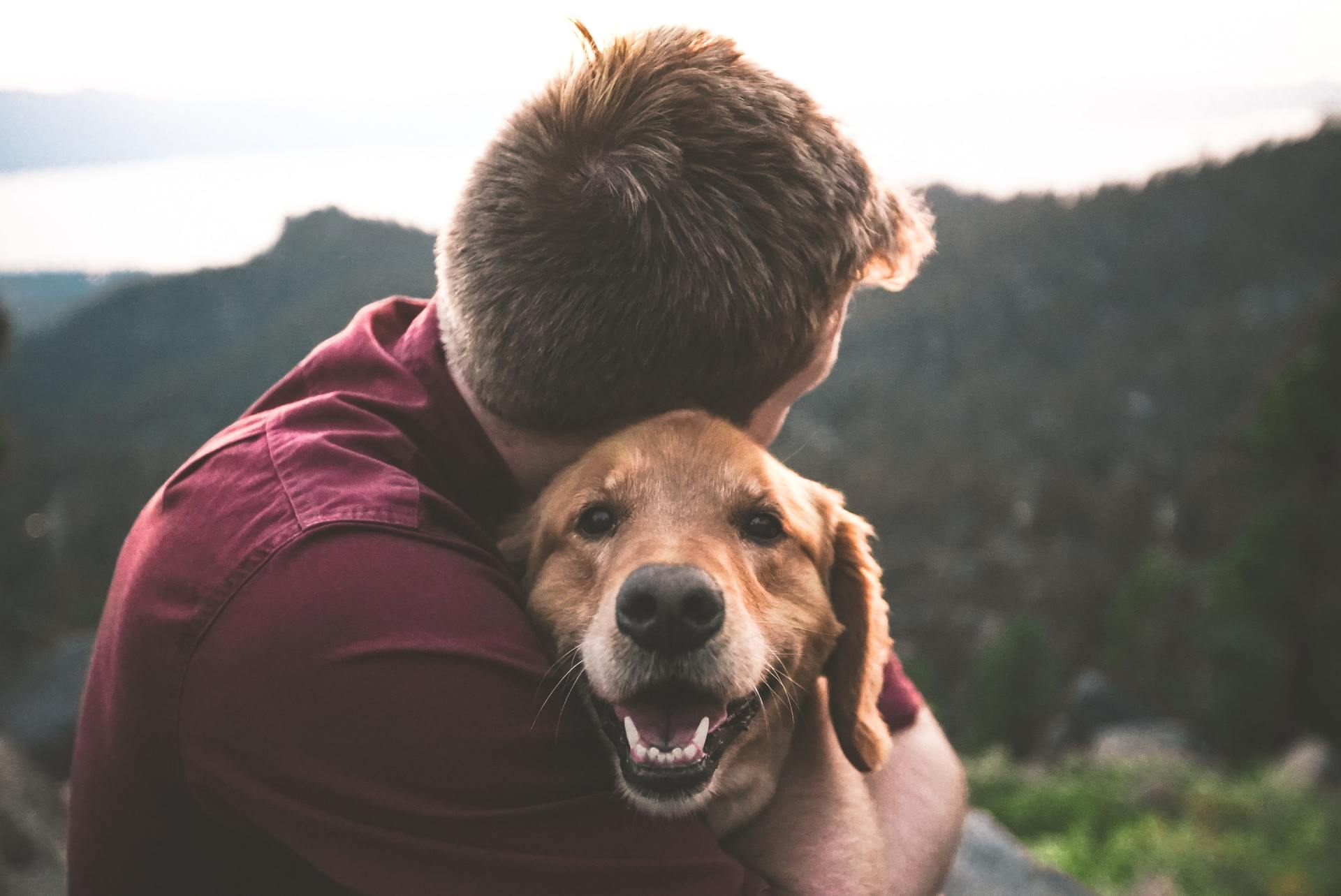EASTER FUN FOR ALL
"Furry Friends and Easter Delights: Celebrating Pets during the Easter Season"

Easter is a time of gathering with loved ones, indulging in delicious treats, and partaking in joyful traditions. Our furry friends, whether they have fur, feathers, or scales, are an integral part of our families and deserve to be included in the celebration. Here are some delightful ways to incorporate pets into your Easter festivities:
1. **Egg Hunt for Pets**: Who says egg hunts are just for kids? Create a special Easter egg hunt for your pets by hiding treats or toys around the yard or house. Use plastic eggs filled with pet-friendly snacks or their favorite toys for them to discover. Watching them sniff out their treasures will bring a smile to everyone's face.
2. **Pet-Friendly Easter Treats**: While indulging in Easter sweets, don't forget to share the joy with your pets. Many pet stores offer specially formulated treats for dogs, cats, and even small animals like rabbits and guinea pigs. You can also make homemade treats using pet-safe ingredients like peanut butter, pumpkin, or carrots. Just be sure to avoid chocolate and other harmful foods.
3. **Springtime Adventures**: Take advantage of the beautiful weather and embark on a springtime adventure with your pet. Whether it's a leisurely stroll through a blooming garden, a hike in the countryside, or a picnic in the park, spending quality time outdoors with your furry companion is a wonderful way to celebrate the season.
4. **Easter Photoshoot**: Dress up your pet in adorable Easter-themed attire, such as bunny ears or a colorful bandana, and capture some precious moments with a festive photoshoot. Whether you're snapping pictures in your backyard or visiting a professional pet photographer, these photos will serve as cherished memories for years to come.
5. **Gifts and Surprises**: Just like we exchange Easter gifts with family and friends, consider surprising your pet with a special gift or new toy to commemorate the occasion. Whether it's a plush bunny toy or a cozy pet bed, your furry friend will appreciate the gesture of love and thoughtfulness.
6. **Safety First**: While celebrating Easter with our pets, it's essential to keep their safety in mind. Make sure to keep chocolate, Easter grass, and other potentially hazardous items out of reach. If you're hosting an Easter gathering, create a quiet and safe space where your pet can retreat if they feel overwhelmed by the festivities.
7. **Spread the Love**: Finally, Easter is a time of compassion and kindness. Consider spreading the love by volunteering at a local animal shelter or donating to a pet charity in honor of the holiday. Your actions will not only benefit animals in need but also serve as a wonderful example of empathy and generosity.
As we celebrate Easter and the arrival of spring, let's remember to include our furry friends in the festivities. Whether it's through fun activities, delicious treats, or simply spending quality time together, there are countless ways to make Easter a special occasion for both humans and pets alike. After all, the unconditional love and joy they bring to our lives deserve to be celebrated every day.

Quick Links
Hours of Operation
- Mon - Fri
- -
- Saturday
- -
- Sunday
- -
All Rights Reserved | Camp Pet Vet

